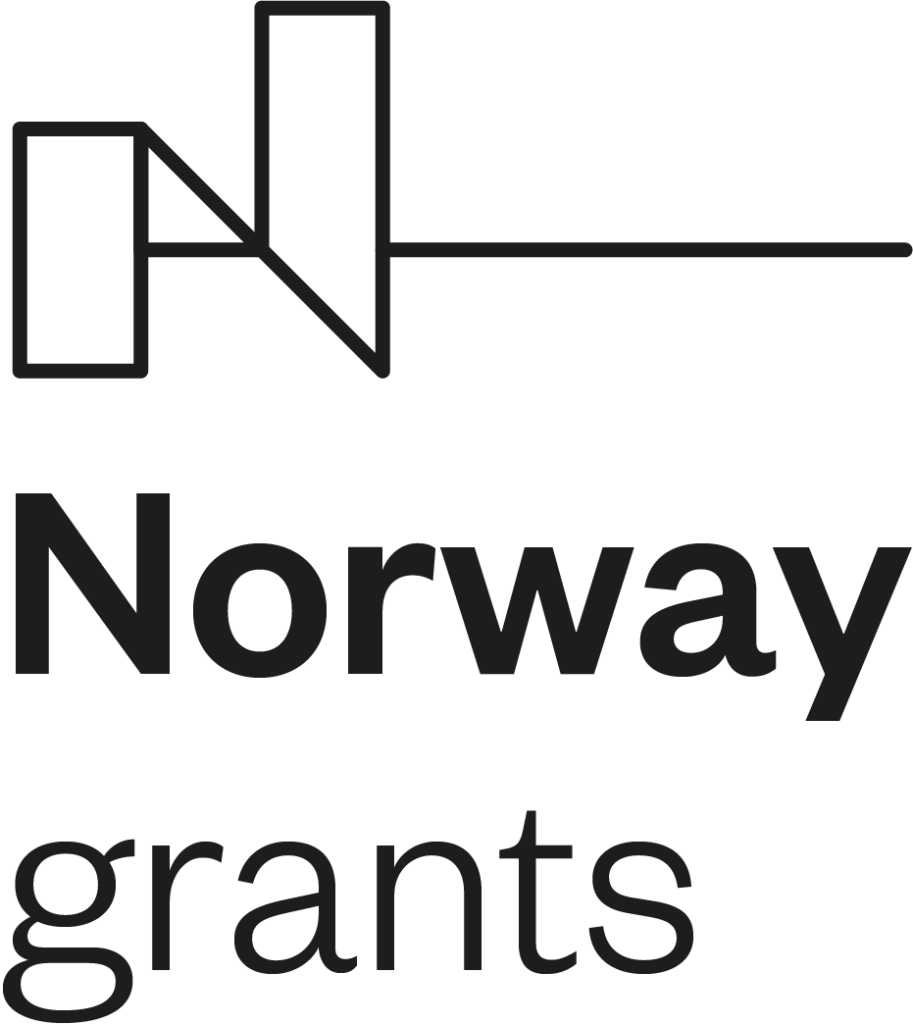PROJECT TITLE
Application of traditional knowledge to halt biodiversity loss in woodlands
PROJECT CODE
TO01000132
GRANT
Norway Grants and TA CR
Funding: 26 714 900 CZK
About the project:
Socioeconomic changes in 20th century has brought fundamental changes in forest management practices, which led to a decline of many species and not least, a loss of traditional knowledge of forest practices. The aim of the ROTATE project is to support the biodiversity of organisms associated with traditional forms of forest management (coppicing, pollarding, leaf litter removal) in Central and Northern Europe. Interdisciplinary approach including ecologists, historians, socio-economists and nature conservationist will ensure overcoming of existing barriers that prevent the re-introduction of these forms of management into practice. The outputs will include ensuring long-term care of selected sites.
2021 – 2022
During the first two years of the project implementation, two scientific articles were published in international journals on the importance of traditional forest practices (leaf litter removal and coppicing) for biodiversity in lowland forests. Other planned outputs are in progress – a methodology for conservationists, a popularisation book and other publications. The ROTATE project is actively developing cooperation with the practical conservation community. Together with the non-profit organisation Třesina, they established new monitoring plots to study the impact of leaf litter removal on the occurrence of critically endangered butterfly species. The research team has also strengthened their cooperation with the Scout Institute in the Patronage Programme, where they act as expert guides in the management of selected biologically valuable areas. The Norwegian partners are focusing on a socio-economic survey of farmers to assess their attitudes towards a government-subsidised pollarding programme, with the aim of reviving this once common practice that helps to maintain biodiversity in the landscape.
2023
During the third year of the project, we published one article in a highly impacted international journal and two popularisation articles in the peer-reviewed popularisation article Živa, which is appreciated by Czech conservationists and scientists. Other planned outputs – a methodology for conservationists, a popularisation book and four peer-reviewed publications are in the prefinal stage. The Rotate project continued to develop its links with practical conservation. We continued to manage selected sites in cooperation with the Scout Institute and carried out the first monitoring in newly established areas with critically endangered butterflies managed by the non-profit organisation Třesina. Norwegian colleagues carried out a socio-economic survey of farmers, which revealed that aesthetic, cultural and historical considerations were the main motivations for reintroducing the pollarding. Together with our Norwegian colleagues, we are also preparing an educational output for high school and university students in the form of a digital animation that will be freely available on the Internet and shared through various social networks. As part of the Rotate project, we are also preparing a film to reach a wider audience.
Beneficiary and project partners:
Česká zemědělská univerzita v Praze
Norwegian Institute of Bioeconomy Research (NIBIO)
Biologické centrum AV ČR, v. v. i.
Botanický ústav AV ČR, v. v. i.

The ROTATE project benefits from a € 1 mil. grant from Norway Grants and Technology Agency of the Czech Republic. The project is carried out under the KAPPA funding programme for applied research, experimental development and innovation, managed by the Technology Agency of the Czech Republic.
